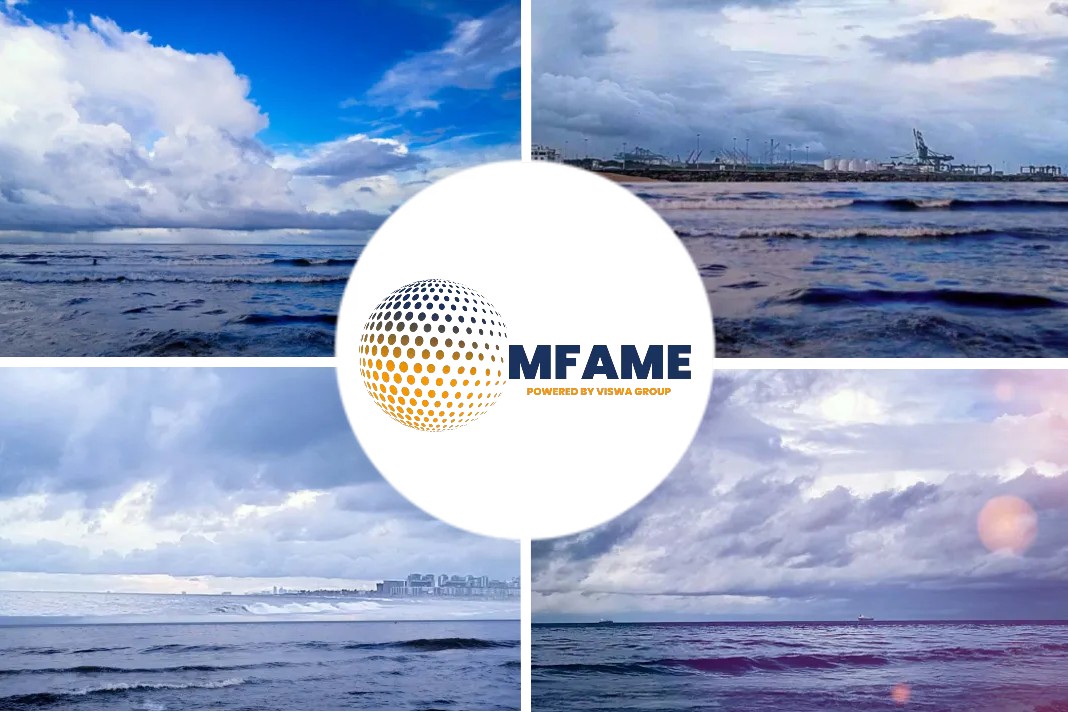- It comes as Russia declares martial law in areas of Ukraine it has annexed.
- Martial law means tighter security checks and restrictions on movement in the areas affected.
- Additionally, while it was decreed by President Vladimir Putin on Wednesday – the Russian military does not fully control those four regions, so what martial law will mean in reality is yet to be seen.
Due to anticipated power outages brought on by Russian missile strikes, Ukraine’s national energy provider has asked residents to “charge everything” before 7:00 (04:00 GMT) on Thursday as reported by BBC.
Wave of strikes
Energy plants were hit by Russian missiles again on Wednesday – part of a wave of such strikes since 10 October.
It comes as Russia declares martial law in areas of Ukraine it has annexed.
Heightened security measures have also come into force in Russia – mostly areas along the Ukraine border.
Phones, power banks, torches and batteries need to be charged, it urged.
President Volodymyr Zelensky said three energy facilities had been destroyed on Wednesday and energy companies were preparing for “all possible scenarios” for winter.
He was due to address a summit of EU leaders, who are trying to reach an agreement on bringing down gas prices.
Serious damage
Serious damage was reported to power facilities in Kryvyi Rih in central Ukraine and Burshtyn in the west.
Ukrenergo said it would use “controlled, calculated consumption restrictions” and warned power cuts may occur throughout Ukraine from 07:00 to 22:00.
Russian missiles have damaged infrastructure all across Ukraine, including cities like Lviv in the west – a long way from the fighting.
Authorities have urged Ukrainians to reduce their power use in the evenings.
“We do not rule out that with the onset of cold weather, we will ask for your help more often,” Ukrenergo said.
Western leaders have condemned the infrastructure strikes.
Martial law
Russia is now implementing martial law in areas of Ukraine that it recently annexed – Kherson and Zaporizhzhia in the south and Donetsk and Luhansk in the east.
The Kremlin claims those regions are now part of Russia – a claim internationally rejected and condemned.
Martial law means tighter security checks and restrictions on movement in the areas affected.
But the war has already curbed the rights and freedoms of Ukrainians under occupation.
Heightened security measures are also coming into force across Russia – there will be new restrictions on movement in regions along the Ukrainian border, notably Bryansk, Belgorod and Krasnodar.
The same applies to Crimea, which was annexed by Russia in 2014.
US President Joe Biden said Vladimir Putin was running out of options in Ukraine.
“It seems his only tool available to him is to brutalise individual citizens in Ukraine to try to intimidate them into capitulating,” he said.
Russia is moving tens of thousands of civilians and Russian-appointed officials out of the Kherson region, as advancing Ukrainian troops close in on the regional capital.
Ukraine has called on residents to ignore the Russian move.
The transfer or deportation of civilians by an occupying power from occupied territory is considered a war crime.
Did you subscribe to our daily Newsletter?
It’s Free! Click here to Subscribe
Source: BBC


















